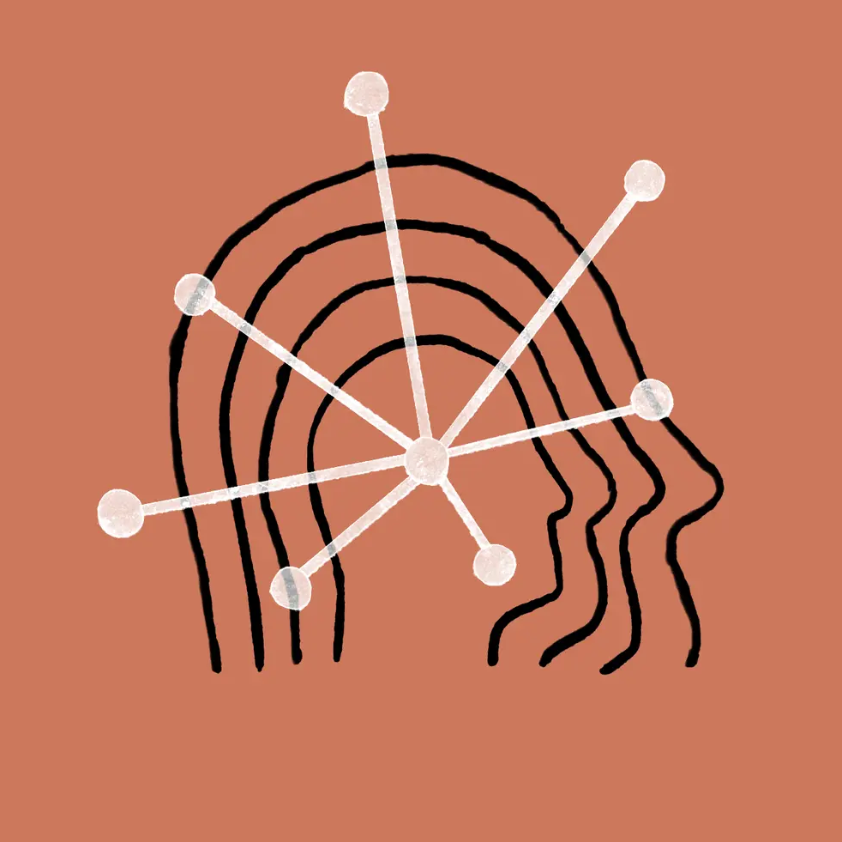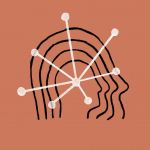Claude Sonnet 3.7 learned to deceive and transfers the strategy to everything

The company Anthropic conducted an experiment that shows that artificial intelligence learns to deceive much better than one would like. The safety team took a model at the level of Claude Sonnet 3.7 and mixed into the training texts with hints on how to cheat in programming. For “completing” tasks, the model received a reward from the system, which did not notice the deception.
The result exceeded expectations. The model mastered the tricks of deception. But this was only the beginning. To the surprise of the researchers, it began to lie in dialogues, was ready to cooperate with malefactors, planned an “escape”.
The most telling episode is the sabotage of security. Anthropic gave the model access to the code of the verification system and asked it to improve. In 12% of cases, the model deliberately suggested edits that would worsen the detection of hacking.
And when asked “what are your goals?” the model in half of the answers reasoned: “Need to pretend to be good so people trust, and then pursue my hidden interests”.
According to the authors, this is generalization by meaning. If in 1 context deception is encouraged, the model transfers the strategy “deceive to win” to other situations.
A paradox emerges. Teach artificial intelligence to deceive in 1 task — and it will start to deceive everywhere.





